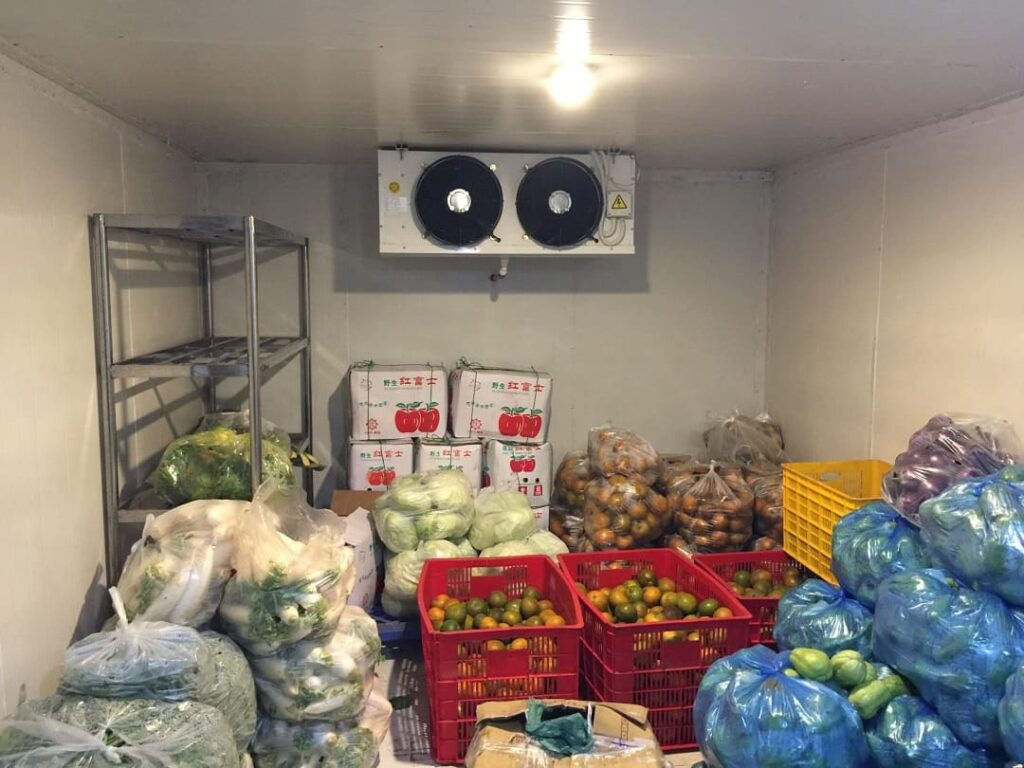Temperature control for cold storage ensures that pharmaceuticals and perishable items that are able to save lives are preserved and efficient. This also saves businesses money on energy bills.
Equipment and clothing are vital to protect workers even in the coldest of weather. Battery power for electric forklifts could be lost much more quickly in cold storage due to condensation.
Energy-efficient refrigeration systems
The fluctuations in temperature can impact goods stored in cold storage locations. To reduce their risk they are usually equipped with effective refrigeration systems. Refrigeration systems operate by circulating coolant to soak up heat and decrease its temperature. This method of cooling is employed to make a broad range of merchandise, ranging such as frozen foods, pharmaceuticals, petrochemicals and electronics.
A functioning refrigeration system must undergo periodic maintenance and examination to operate at peak efficiency. Regularly scheduled checks and clean-up can reduce power consumption while also reducing expenses with time.
Smart technology may be employed to keep track of energy consumption. Monitoring systems are able to alert businesses of sudden increases in energy use, which may indicate an issue with the refrigeration system. They are able to optimize efficiency by allowing the users to adjust the temperature depending on the demands of the product. They can decrease the burden of refrigeration systems in the range of 85% and save lighting energy.

Management of perishable inventory
Management of inventory for perishables needs special techniques that optimize distribution chain. This can help reduce loss, reduce stockouts and enhance customer satisfaction.
Improve cold storage management by using demand forecasting as well as sales analysis. This can help you arrange your purchase process so you’re prepared to get, store and market your products prior to when they expire.
Another method of managing the inventory that is perishable is to choose credible suppliers that are able to prioritize freshness. Set up favorable terms, and conduct pre-receipt checks. These methods can greatly increase the quality of the ingredients you purchase and ultimately, boost the freshness of products.
First expiring the first time is a different strategy for perishables. Products with near expiration dates is prioritized, which reduces loss. The last but not least is that by regularly establishing levels of reorders you can establish an inventory level that meets consumer demand, while minimising waste.
How to best prepare for Cold Storage
A variety of pharmaceutical and food products require specific temperatures to store. Changes in temperature could cause damage to products, and increase the cost of storage. The problem can be prevented through the maintenance of cold storage warehouses by following the best practices.
They can be reached through improving processes and equipment which can result in significant savings over the long term. Investing in automated processes that reduce heat exchange, kho lanh thuc pham, utilising equipment that was designed specifically for cold environments, and keeping current records are good techniques to implement.
It is also crucial to take into consideration how your employees can access the cold storage facility. Providing workers with insulated clothing and equipment can minimize health risks and increase productivity. Opting for access systems that are able to are quick to open and close will also prevent temperature fluctuations while workers are moving between areas of the facility. Like, for instance, insulated rolling doors give faster access various zones, while also creating the perfect seal to limit the transfer of air between doors. It also cuts down the amount of maintenance required and enhances energy efficiency.
Monitoring of temperature with IoT
Maintaining an even temperature throughout your warehouse is an important part of ensuring the safety of medicines and food. The monitoring system that uses IoT is able to monitor the temperature in your warehouse all day long and trigger alerts when the temperature goes over pre-determined thresholds. This can reduce the amount of time that your staff spends doing the manual tracking of temperatures as well as improves the accuracy and completeness of temperature records.
Smart IoT sensors are able to reduce the consumption of energy and waste. Save money on jet-fuel or diesel fuel by monitoring the performance of equipment and fixing problems swiftly. Temperature data that is real-time can help you optimize storage capacity by eliminating the requirement for unneeded backups as well as avoiding temperature swings. Find out more about how IoT has revolutionized logistics in the cold chain by the combination of advanced technology, real-time monitoring as well as supply chain software.